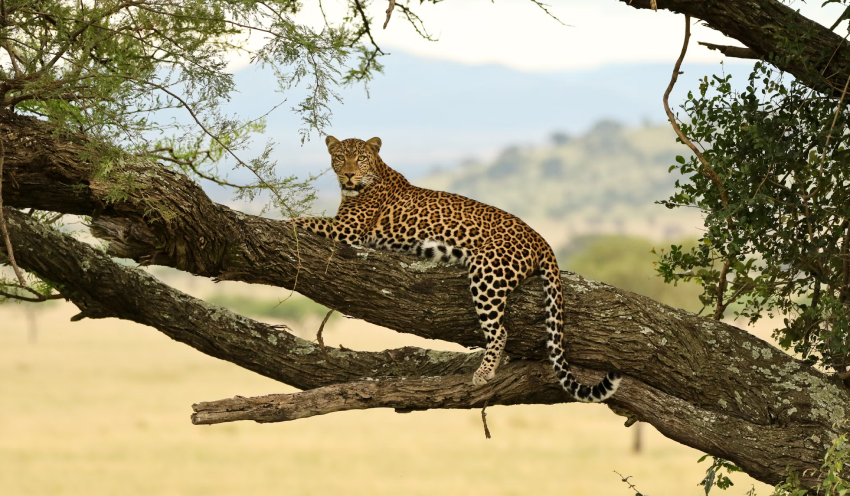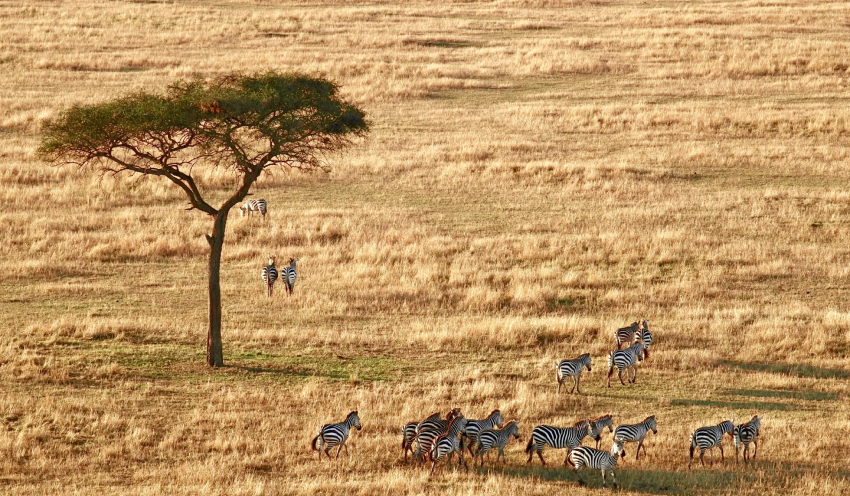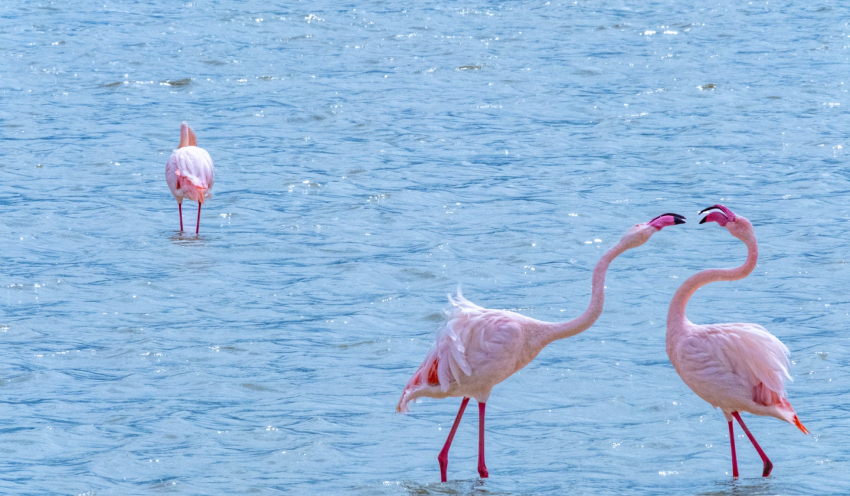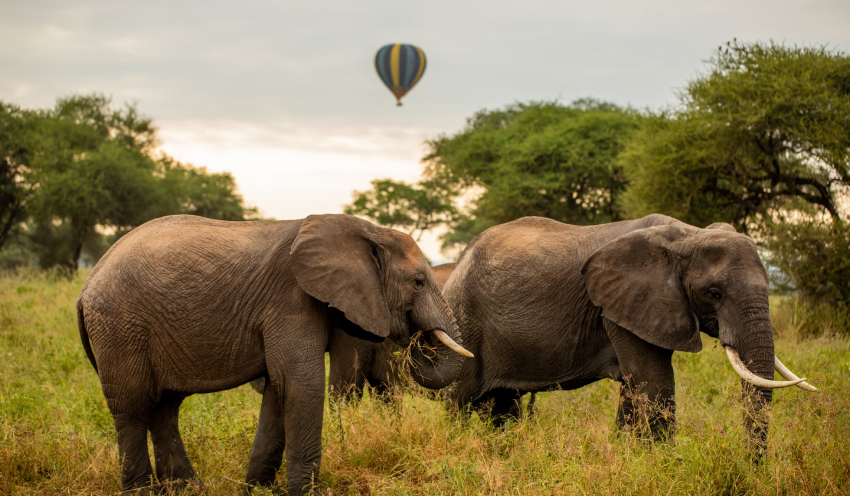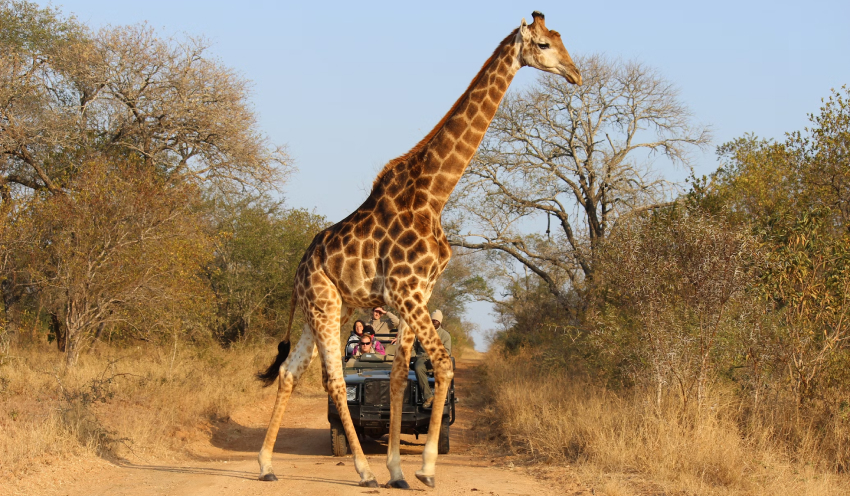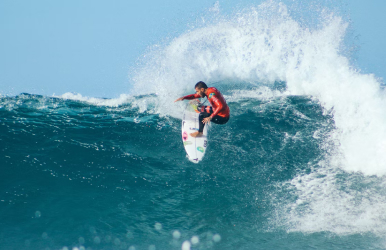Trekking Kilimanjaro & Salkantay
BY Abdul Aziz Jan 12, 2021
Trekking across mountains and rolling hills is always a pleasureful practice, but there are certain trips that will always stand out. The Kilimanjaro climb is often considered one of the best in the world, and an excellent means through which to experience Africa. But other, slightly lesser-known treks, such as the Salkantay Trek are special and challenging in their own right. The Kilimanjaro climb is an infamous one for its challenge. It’s a five-day climb at minimum for the average backpacker, with most people making it to the peak in an average of six days. The African searing heat and the mountain’s vegetation are often what cause this reduced pace – and what separates a mountain like Kilimanjaro from a climb in the Tatras. Kilimanjaro: What you need to know Kilimanjaro is the highest peak in all of Africa, and a rather hefty trek for any experienced traveler. It peaks at 5,895 meters (19,340 ft) and has attracted all sorts of visitors over the years. It’s worthy to note that whilst not the most dangerous climb, it would still do one well to be careful whilst making the trek, as an average of ten deaths are reported on the mountain every year. Altitude sickness tends to be the main risk factor – making the climb is more so recommended for the experienced mountaineers. Not to say that it isn’t entirely friendly for beginners too. But it’s important to remember that the mountain never be underestimated by any means. The Kilimanjaro climb is attractive for its beauty and its relative difficulty – and both are exactly what you ought to expect during the long trek. The Marangu and Lemosho Routes to Kilimanjaro There are various routes to choose from, with various guides to book along the way. The Marangu route is a particularly popular one when it comes to the Kilimanjaro climb, after taking around seven days to traverse. It’s one of the shorter ways of course, alongside such routes as the Rongai route and Machame route, both of which usually take an average of eight days to travel. There are some longer routes, for the travelers interested in enjoying the climb and putting some focus on admiring the gorgeous surroundings. Examples of this would be the Lemosho route, averaging at about 10 days of travel. All the routes up the isolated Mount Kilimanjaro have their own variations in terms of length and difficulty, but regardless of this, whichever route fits you best – only you can determine. You will have to fly to Kilimanjaro airport, which is quite close to Moshi, the starting point of the Kilimanjaro climbs. When you get delayed you will be able to get compensation through Aviclaim. The Salkantay Trek and why it is Everyone’s Favourite? The Salkantay Trek is an equally friendly and famous trek, found in the breathtaking mountainous region in Cusco, Peru. The city of Cusco is famed mostly for its elevation, located at an altitude of 3,399 meters – and renowned as the historic capital of the Inca Empire until the 16th century. The entire city is a world heritage site, and home to one of the finest treks the world has to offer. The Salkantay Trek is of course a means through which to reach the esteemed Machu Picchu, and it serves as an excellent alternative to the well-traveled Inca Trail. It serves to know that the majority of treks in Peru, including the Salkantay Trek, are a bit more difficult than your average mountain routes. Traveling here comes with a heavy recommendation of good health and some minor experience at the very least. The Salkantay Trek is much longer, and much more difficult than the Inca Trail thanks in large part to the general height and length. It’s known to be twice as long as the Inca Trail, meaning that you’ll find yourself walking around and pausing for rest breaks on more frequent occasions. As well as this, the Salkantay Trek goes much higher in altitude, making the nights all the colder and the risk of altitude sickness all the greater. Remember – altitude sickness was the very same threat that led to the deaths of people on Kilimanjaro, and that risk remains here if you’re not careful and don’t respect the dangers of the mountain. The Scenic Beauty on the Salkantay Trek Don’t let these facts convince you that this is anything but an easy-moderate path, which can be navigated without a guide if you know what you’re doing. Not to mention that the views, both at the peak and along the journey to it, are some of the finest you’ll ever have the pleasures of seeing. It’s these factors that lead to the great popularity of the Salkantay Trek, which has become almost as well known as the Kilimanjaro climb throughout the years. The Salkantay Trek has been wonderfully preserved by the Peruvian people, and to this day serves as one of the country’s finer means to access natural beauty and breathtaking sights. The best time to go by the Salkantay Trek is typically between March and October time. Of course, this is bound to be the busiest season, but that fact has its reasons – it just so happens to be the country’s dry season. How to Prepare for the Trek according to Experts Weather on the mountain will range from daringly hot, demanding wide-brimmed hats and sunscreen, to horribly cold. It’s also worthy of note that the mountain is known to have a disturbing quantity of mosquitoes flying around, and as such, long-sleeves and closed-toe shoes are more than recommended. I’d go so far as to say they’re necessary! But you’ll mostly come across these at Santa Teresa and Aguas Calientes, so it’s not a disaster if all you bring is mosquito repellent. Whether you take the Salkantay Trek up Machu Picchu or try your hands at the Kilimanjaro climb, you’ll find yourself having undergone a journey unlike any other. The fauna and flora on the way to the peaks are unforgettable, and will always add to the joy of the experiences. If ever, on the way up, you find yourself feeling tired, don’t forget to use that as an opportunity to remember where you are, and give a moment of wonder to the surrounding landscapes. It may be the last time you see them – or only the first of many. Read Also: The Best Tips To Travel Around The World Travel Tips To Help You Out In Asia

